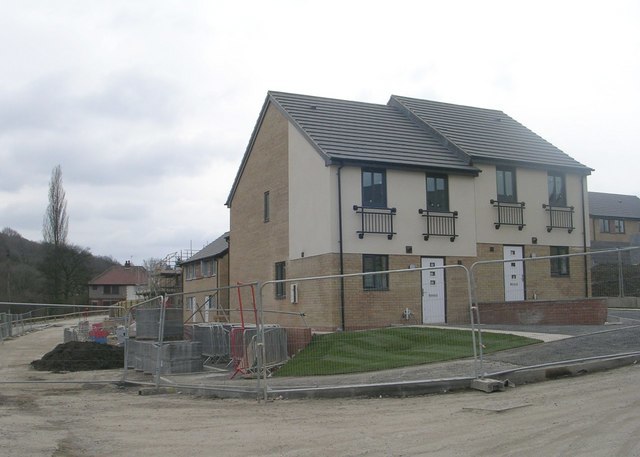The District Councils’ Network (DCN) strongly welcomes the Government’s announcement of new measures to address the impact of nutrient neutrality, which has effectively stopped housebuilding in over a quarter of England.
The Government has announced today that it will legislate in the Levelling-up and Regeneration Bill to make Natural England’s rules on nutrient pollution advisory rather than mandatory. It is also releasing substantial new funding and taking further steps to boost Natural England’s Nutrient Mitigation Scheme and to help tackle the underlying problem of pollution in England’s waterways: 100,000 more homes to be built via reform of defective EU laws – GOV.UK (www.gov.uk)
Nobody wants to see pollution in our rivers and estuaries. But the moratorium on housebuilding caused by Natural England’s guidance has created severe local difficulties without any meaningful environmental benefit. Not building new homes has done nothing to clean up our rivers and does very little to slow the increase in water pollution.
The impact of nutrient neutrality has stopped the delivery of tens of thousands of new homes for more than forty DCN member councils. In the areas affected, it has reduced the number of affordable homes that councils can approve and added as much as £10,000 to the cost of new homes for first time buyers and other purchases. It has also hit local builders and jobs in the supply chain. Bricklayers, roofers, tilers, groundworkers and related traders are all affected.
Councils and local taxpayers have been hit with the burden, cost and consequences of clearing up a problem that should be the responsibly of others to fix.
DCN has worked closely with No.10 and central government to find a solution that unblocks housebuilding and helps local councils but also tackles the underlying problem of water pollution – which absolutely needs fixing. DCN is pleased that today’s announcement includes additional funding and support to do that.
Cllr Sam Chapman-Allen, Chairman of the District Councils’ Network said:
“Today’s action to tackle the unintended impact of nutrient neutrality rules on local housebuilding is excellent news for district councils. It will unblock tens of thousands of much needed new and affordable homes for more than forty of our member councils. It is good for local residents and good for local jobs. The District Councils’ Network has been calling for the Government to act to take the burden of cleaning up our rivers away from councils. We are pleased that it has listened and found a solution that includes substantial new funding to address the underlying pollution problem. We call on parliament to pass the legislation that will make this a reality.”
Notes
- Natural England’s nutrient neutrality rules affect 43 DCN member councils and another 30 local authorities.
- The Home Builders Federation has calculated that at least 120,000 new homes have been delayed as a result.
- Evidence of the impact of nutrient neutrality from DCN councils includes:
- In Ashford (Kent), the delivery of 10,000 new homes has been halted with a particular impact on affordable housing. The council has been forced to agree two-thirds fewer affordable houses as viability has been undermined.
- In Canterbury, over 8,000 new homes and associated jobs and infrastructure have been stalled. SME developers are unable to get new planning consents. The council is having to develop a multi-million-pound mitigation scheme which will reduce the ability of developers to provide funding towards affordable housing and community facilities and will do nothing to improve water quality in the district.
- In Eastleigh, over £20m has been spent by the council addressing nutrient mitigation.
- In Somerset, around 18,000 allocated homes are affected and, despite good work to bring forward commercial phosphate credits, fewer than 2,500 stalled properties can proceed. Even where credits are available, costs are high. This is reducing the numbers of affordable homes in perpetuity.
- Across the county of Norfolk, 41,000 homes across all seven Local Planning Authorities have been put on hold and local builders’ merchants have laid off staff. Smaller family builders are at risk of bankruptcy as land with outline permission is stalled.
- In Havant, the effect of the rules is that low-density greenfield development has become even more preferable to housebuilders compared to accessible, brownfield regeneration sites where costs have increased due to mitigation.
- In Dorset, five separate catchments stymie the delivery of new homes, each necessitating a different approach to mitigation. Some 8,000 homes are blocked and a local plan has stalled at examination as a result of the nutrient neutrality requirement.






